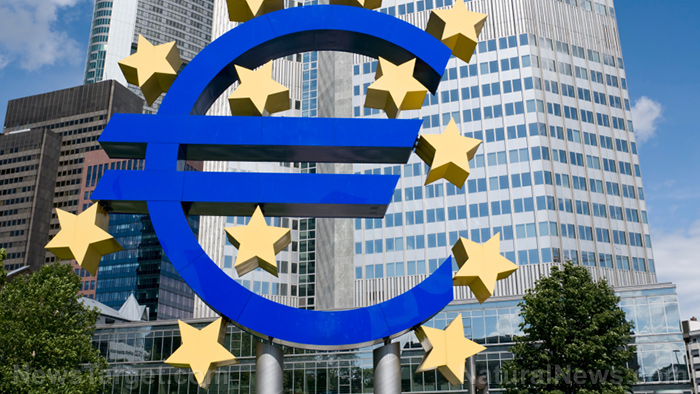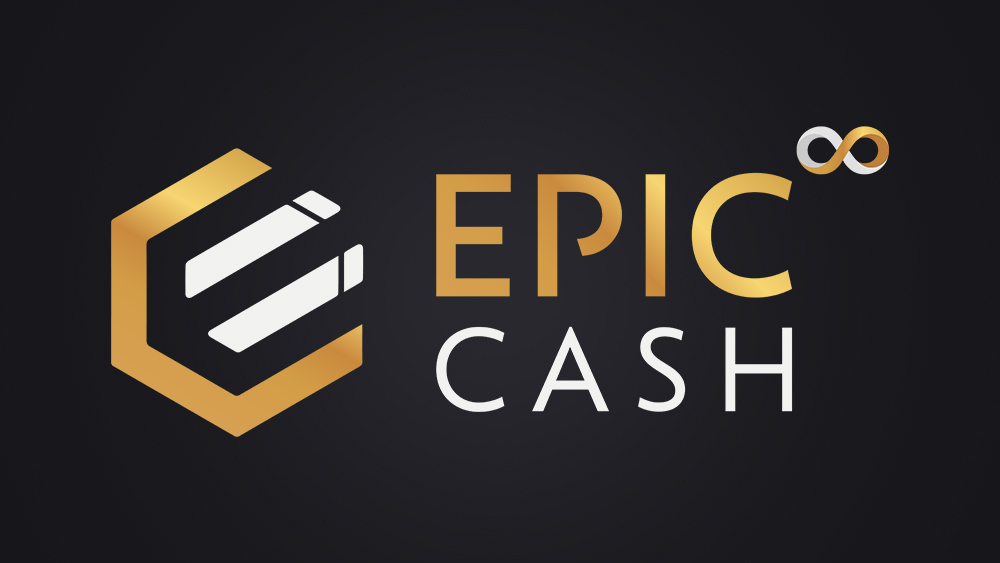JPMorgan launches euro-denominated digital payments for its JPM Coin
06/27/2023 / By Cassie B.

JPMorgan recently introduced euro-denominated payments for its corporate clients with its JPM Coin blockchain payment system.
The system went live with its euro transactions last week, and the first payment in euros on its platform was carried out by the German company Siemens.
JPM Coin was originally launched in 2019 for dollar payments with the aim of offering clients a payment rail that uses blockchain. It allows large multinational clients to transfer money between accounts with the bank around the world and make payments to one another via blockchain technology rather than traditional payment methods.
So far, it has processed around $300 billion worth of transactions using JPM Coin. However, this is just a fraction of the firm’s daily transaction volume of almost $10 trillion via conventional banking methods.
The system allows customers to make payments around the clock and executes them faster than traditional transactions, which are only processed during business hours in most cases. It also allows customers to initiate payments that are not due yet.
The head of Coin Systems for Europe, the Middle East and Africa for JPMorgan, Basak Toprak, said: “There are cost benefits to paying at the right time. This could mean they could earn more interest income on their deposits.”
When JPMorgan introduced its system in 2019, it was the first major American bank to introduce its own digital token. Announcing the dollar-denominated coin in a blog post, they explained that the JPM coin was “not money per se.”
“It is a digital coin, representing United States dollars, held in designated accounts at J.P. Morgan Chase N.A. In short, a JPM Coin always has a value equivalent to one U.S. dollar. When one client sends money to another over the blockchain, JPM Coins are transferred and instantaneously redeemed for the equivalent amount of U.S. dollars, reducing the typical settlement time,” they clarified.
JPMorgan Chase fined $4 million by SEC for deleting subpoenaed emails
The move comes as JPMorgan Chase faces a $4 million fine by the U.S. Securities and Exchange Commission over its mismanagement of internal communications. The bank was accused in 2019 of deleting 47 million emails belonging to its retail banking group during the first four months of 2018; securities laws stipulate that financial firms are required to keep their business records for at least three years.
The emails, many of which were sought by subpoenas in a series of regulatory investigations, were permanently deleted and could not be recovered. Some of the lost emails could also be related to other impending legal matters and investigations in the future. They came from the inboxes of around 7,500 employees in JPMorgan’s retail banking sector.
The bank has stated that it is taking steps to avoid similar situations in the future. It agreed to sanctions from the SEC and instituted a new retention coding system to prevent mistakenly deleting emails. Any employees who try to delete emails must now obtain approval from superiors before proceeding.
The latest incident marks the third time the bank agreed to a punishment for its failure to comply with electronic record preservation regulations. They also agreed to pay $125 million in penalties for their failure to preserve text messages and other types of electronic communication related to banking transactions that were sent between 2018 and 2020. Back in 2005, they were hit with $700,000 in penalties for not saving electronic records from 1999 to 2002.
Sources for this article include:
Submit a correction >>
Tagged Under:
bubble, computing, conspiracy, corruption, crypto cult, currency crash, currency reset, deception, digital tokens, dollar demise, economic riot, euros, finance riot, glitch, information technology, JPMorgan, money supply, risk, SEC
This article may contain statements that reflect the opinion of the author
Popular Articles
COPYRIGHT © 2023 CurrencyClash.com
All content posted on this site is protected under Free Speech. CurrencyClash.com is not responsible for content written by contributing authors. The information on this site is provided for educational and entertainment purposes only. It is not intended as a substitute for professional advice of any kind. CurrencyClash.com assumes no responsibility for the use or misuse of this material. All trademarks, registered trademarks and service marks mentioned on this site are the property of their respective owners.



















